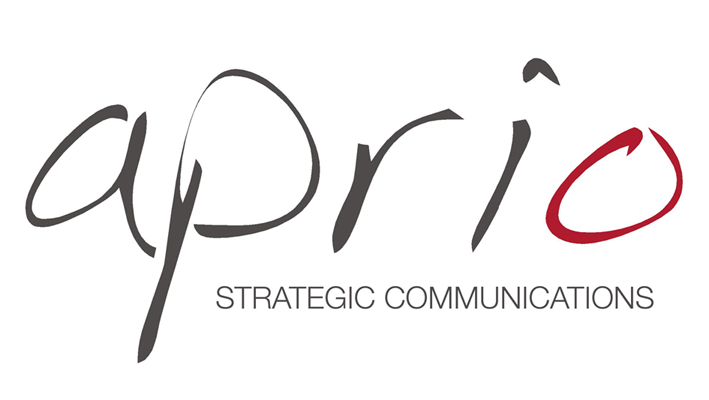When you’re the world’s largest social network you find it difficult to let defeat slow you down. Facebook may be autocratic in the way it deals with its membership base and it may want to own the web and all its content but it is also the place where everyone goes to hangout online with their friends and it just keeps on growing.
The curious purchase of Instagram for which Facebook paid a billion makes even less sense now with Facebook rolling out its own version of it, in apparent direct competition, unless of course, we consider the timing.
Instagram was purchased just weeks after it was made open to Android users. It provided Facebook with a plan for mobile in its pre-IPO days and it stopped a rival from gaining a surge of new members. Then with the deal yet to be inked it brought out its own app called Camera in effect competing with itself.
Now you might think that dropping $1 billion on the table just to deny a competitor a measly 33 million members might be a steep price to pay, but not if you plan to fight that competitor at his own game and this is something Facebook might just be starting to think about. I am talking, of course, about search. Whatever you might be doing in social media and marketing search is at the heart of the web because it is how we navigate the web.
The problem is that search is a complex business. Creating a search engine that works well is truly expensive, as Microsoft has found out, and requires the ability to not just index information fast but also assess it properly. In case you have not noticed, in the Facebook environment, Facebook search sucks. It works worse than a third wheel on a bicycle and when it provides results from outside Facebook it has to rely on BING anyway.
Now a Facebook/BING deal is not out of the question, Industry rumours have it that it’s something that has been talked about for some time. A hint that these rumours may be based on truth is given by the very recent interest Facebook has expressed in buying Opera.
Armed with a browser of its own, a search that works and the ever increasing depth of its social graph, Facebook could provide an alternative to search which could also help it make more money from its ad network. Should that happen we will truly have a universe populated by behemoths: Google, Facebook, Twitter, Apple and Amazon, each competing for our data and our custom. More than that however we will also have the era of the two webs. The Open Web, where Google is king and the closed, Facebook web where data can come in but can never go out. At that point marketing, complex enough as it is, will become even more complicated.
While all this sounds like a smoothly created grand plan for total web domination it is anything but. Facebook has been struggling with itself for a long time and I have frequently catalogued its errors in articles here. For a concise overview of just what has gone wrong you should check out Prasant Naidu’s piece on How Facebook is Killing Itself.
Having gone public the social network is now under pressure to evolve and succeed. Whether it manages to do just that, or will do what it has done to date which is pull itself in all directions at once remains to be seen. Clearly the year head is going to get even more interesting.

No comments:
Post a Comment